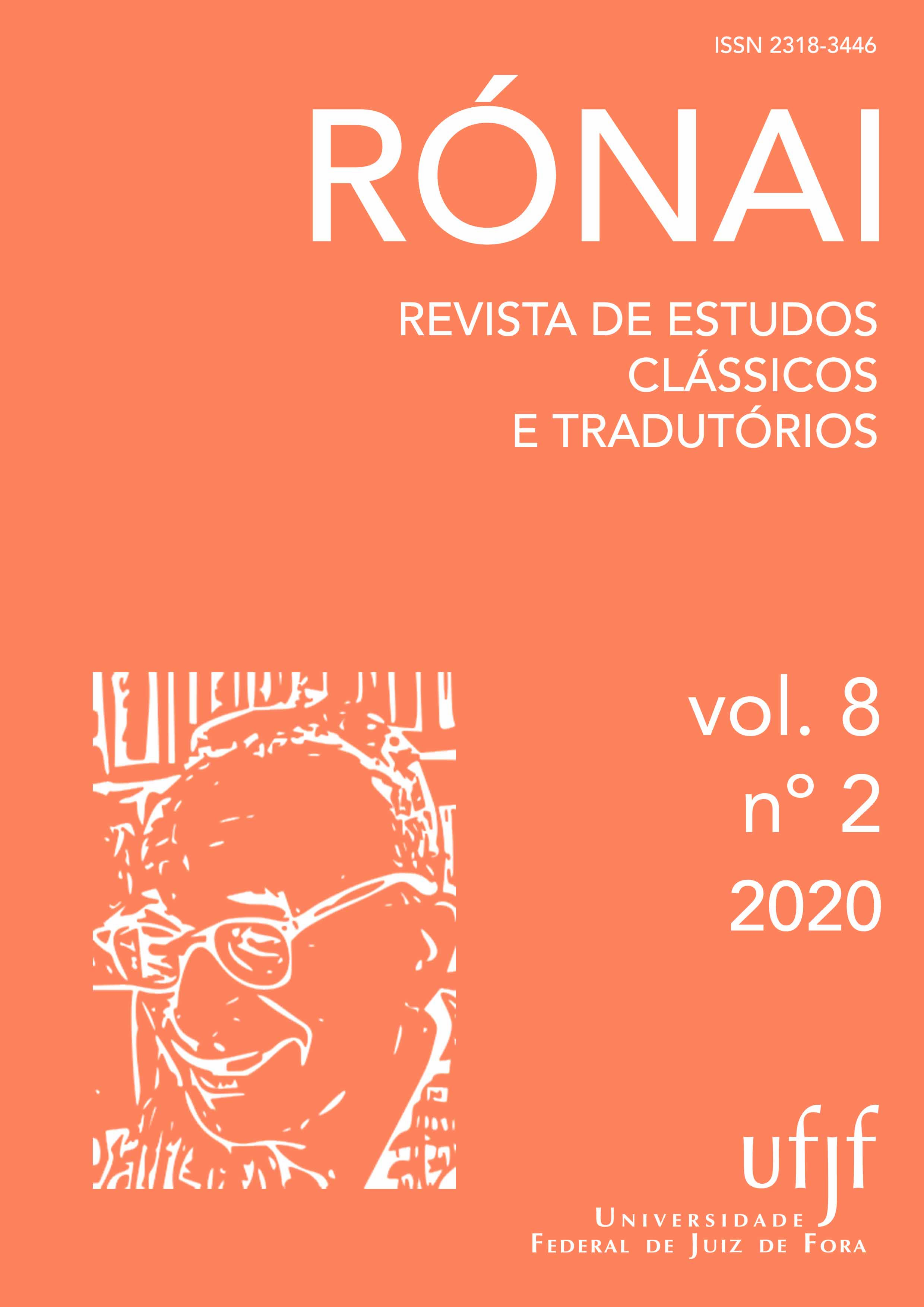How do Chileans speak? Know the history of a language to translate. Interview with Profesor Darío Rojas
DOI:
https://doi.org/10.34019/2318-3446.2020.v8.32386Keywords:
Darío Rojas, Chilian Spanish, literary translationAbstract
Darío Rojas (Curicó, 1983) holds a PhD in Hispanic Philology from the University of Valladolid and is a Professor at the Department of Linguistics of the University of Chile. His research addresses the formation of linguistic ideologies in Chile from the 19th century onward, within the framework of the Nation-State construction. In particular, he seeks to identify the role of the discourse and of the imaginary about languages (especially Spanish and Mapudungun) in the construction and legitimization of social inequalities in Chile, adopting the approach of glotopolitics. Not only has he written numerous articles for specialized journals on these topics, but he is also the author of the popular book ¿Por qué los chilenos hablamos como hablamos? Mitos e historia de nuestro lenguaje (2015). In this interview, guided by the framework of a project to translate a Chilean poet into Portuguese, he comments on the particularities of Chilean Spanish and the eminently political character of linguistic practices.
Downloads
References
DÍAZ ARAYA, Alberto; GALDAMES ROSAS, Luis; RUZ ZAGAL, Rodrigo (eds.). Y llegaron con cadenas: las poblaciones afrodescendientes en la historia de Arica y Tarapacá (siglos XVII-XIX). Arica: Universidad de Tarapacá, 2013.
ROJAS, Darío. ¿Por qué los chilenos hablamos como hablamos? Mitos e historia de nuestro lenguaje. Santiago: Uqbar Editores, 2015.
Downloads
Published
How to Cite
Issue
Section
License
Copyright (c) 2020 Meritxell Hernando Marsal, Mary Anne Warken Soares Sobottka

This work is licensed under a Creative Commons Attribution 4.0 International License.
Copyright
The authors of the published contributions agree with the following items:
1. The authors keep the copyright and convey to the journal the right of first publication, the work being licensed under a Creative Commons Attribution License 4.0 International.
2. The authors are allowed and stimulated to publicize and distribute their work online after the publication in the journal, recognizing first publication in this journal.
3. The authors of the approved works authorize the journal to distribute their content, after publication, for reproduction in content indexes, virtual libraries and similars.
For more information about Creative Commons Attribution License 4.0 International, please, go to: https://creativecommons.org/licenses/by/4.0/deed.en
Editorial exemption
The authors of the published contributions are entirely and exclusively responsible for their contents. Its content does not represent an official position of Rónai - Revista de Estudos Clássicos e Tradutórios neither of Faculdade de Letras da Universidade Federal de Juiz de Fora or their partner institutions.



